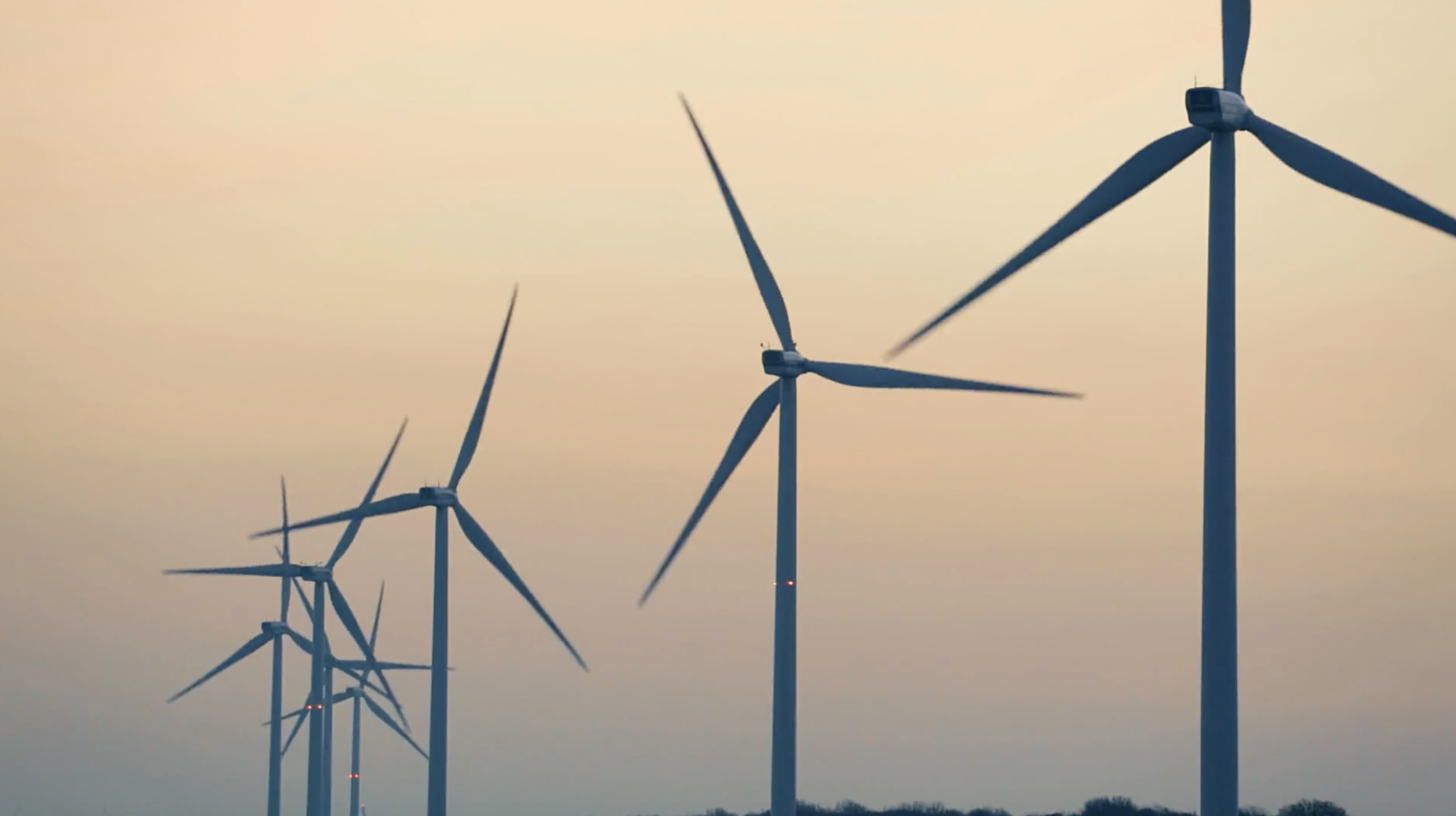

Catch the latest energy news from around the Great Lakes region. Check back for these biweekly Energy News Roundups.
This is a weird time for clean energy. Much of the federal funding supporting the energy transition has become embroiled in President Donald Trump’s executive orders and the court decisions blocking them. Companies and advocacy groups that rely on the funding are in disarray. The Great Lakes region — an emerging hub for energy technology manufacturing — is no exception. And some initiatives in the region are floundering, while others are forging ahead.
The company working to reopen the Palisades nuclear plant in southwestern Michigan is moving forward as planned — and has said it’s confident in the restart — despite the uncertain future of federal decarbonization funding. A pair of rural electric cooperatives was awarded $1.3 billion in federal grants under the Biden administration to buy power from Palisades. Wolverine Power Cooperative of northern Michigan plans to buy over half of the power the plant generates, whether it receives federal money to offset the cost or not.
Executives at several power companies that serve the Great Lakes Region — including Vistra, Southern Illinois Power Cooperative, Ohio Valley Electric Corporation and Indiana-Kentucky Electric Corporation — signed onto a January 15 letter to Lee Zeldin, Trump’s pick to lead the Environmental Protection Agency, asking him to loosen federal regulations on coal ash. A byproduct of burning coal, coal ash contains harmful elements like mercury and arsenic that can contaminate water sources if stored improperly. The letter said the Biden administration’s tightening of coal ash regulations “has needlessly diverted funds” from the power sector’s efforts to meet rising energy demand and “increased costs for power companies and consumers without corresponding benefits to public health or the environment.”
Minnesota is ramping up a state-funded green bank program this year intended to advance clean energy development and reduce greenhouse gas emissions. The Minnesota Climate Innovation Finance Authority, created by state lawmakers in 2023, is responsible for lending at least $25 million per year to projects that will help the state meet its climate goals.
State regulators in Minnesota gave approval late last month to an 180-mile transmission line that would run through the central part of the state. The Northland Reliability Project, proposed by Minnesota Power and Great River Energy, would add a new 140-mile transmission line and replace two existing 20-mile lines at a cost that could top $1 billion. The utilities say the transmission line will help them maintain reliable electric service as they rely more on renewable electricity sources. Construction is expected to begin later this year.
Also in Minnesota, a fuel ethanol plant on the southern end of the state began a temporary closure last month, citing an oversaturated market. Green Plains, the plant’s owner, laid off 55 workers on January 17 and said in a letter to state officials that it intended to reopen the plant and rehire workers “when market conditions allow.” Ethanol, a biofuel typically made from corn, saw a significant price drop through 2024.
More energy news, in case you missed it:
- A natural gas power plant recently proposed in Ohio would be the first in the state built to power a data center.
- In the latest upheaval for automakers, newly confirmed Transportation Secretary Sean Duffy directed the National Highway Traffic Safety Administration to reevaluate fuel economy rules for new cars and trucks.
- Pipeline operator Enbridge is facing off in court with opponents who want it to shut down a four-mile stretch of the Line 5 pipeline in the Straits of Mackinac.
- Indiana Michigan Power is among the latest utilities to consider building small modular nuclear reactors at sites it already owns.
- A Wisconsin appeals court dismissed a challenge to restrictions on third-party-owned solar after the family behind the case moved away.
Catch more news at Great Lakes Now:
Energy sector holds its breath as nuclear power inches forward
Energy transition sees small wins, major uncertainty in the Upper Midwest
Featured image: A row of spinning wind turbines by sunrise. (Photo Credit: Great Lakes Now)




